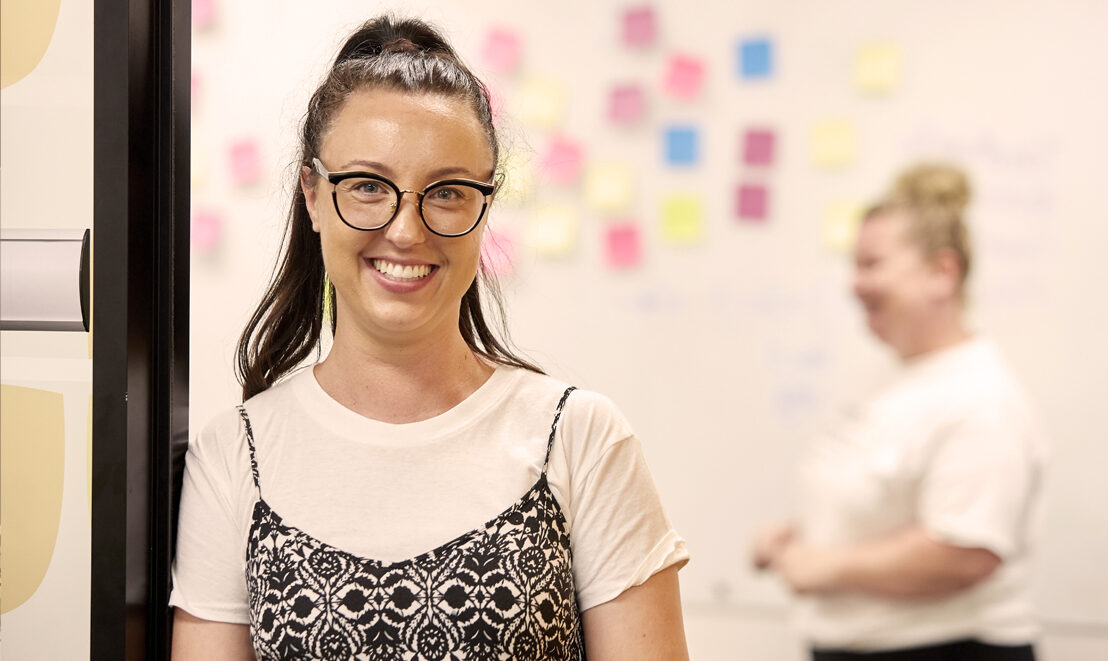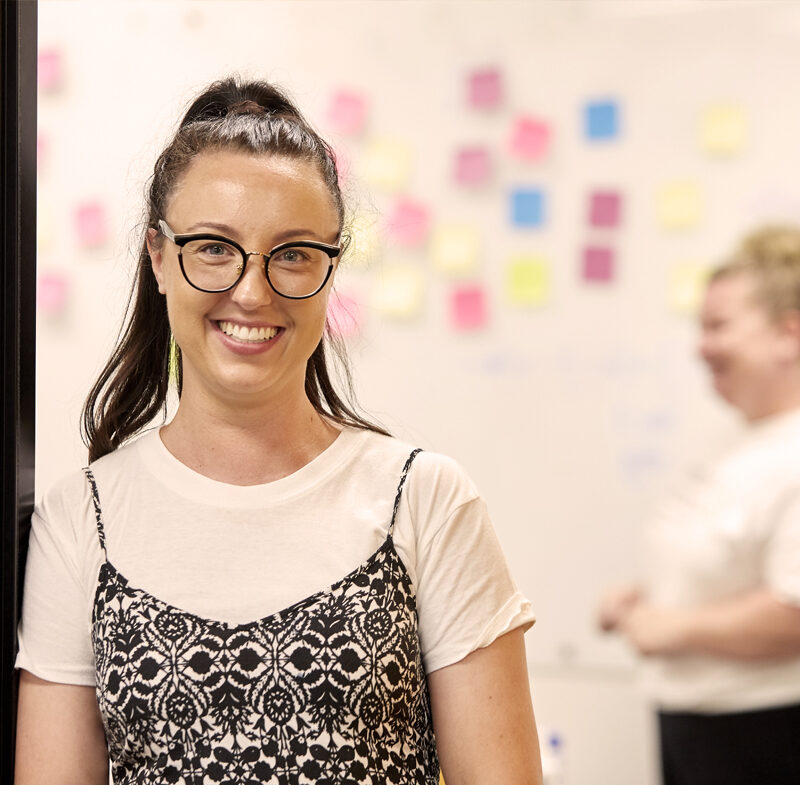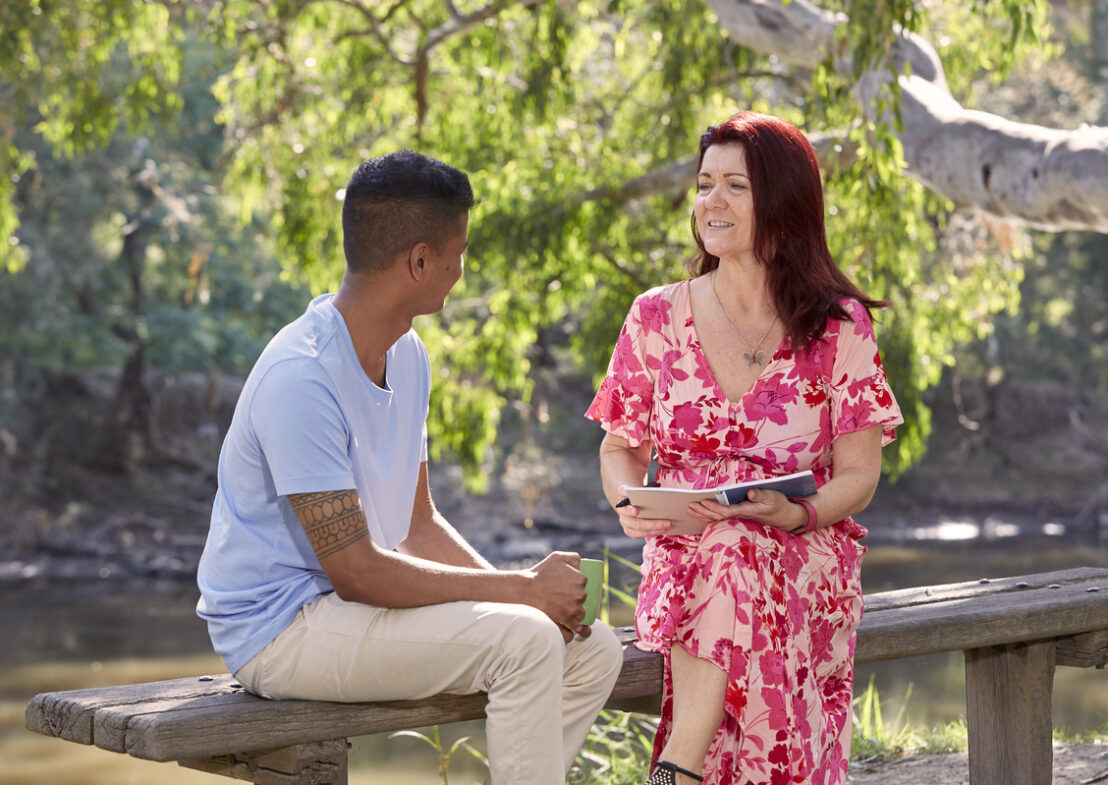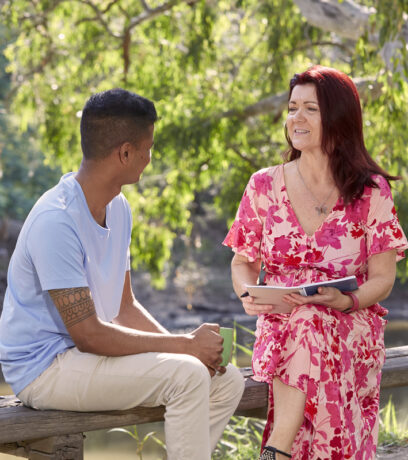What is a peer worker?
Knowledge and skills
Formal training courses and qualifications
Certificate IV in Mental Health Peer Work
Certificate IV in Mental Health Peer Work is built to harness your lived or living experience of mental health challenges as either a consumer or carer. It allows you to support consumer or carer peers. It is available from many providers around the country. Certificate IV in Mental Health is recommended in states where the peer work certificate is not available. Below are some links to providers in each state.
Other Programs
Other training and learning
Volunteering
Join the team
We’d love to have you.
We’d love you to join one of Australia’s largest and most innovative mental health providers and be supported to thrive.



